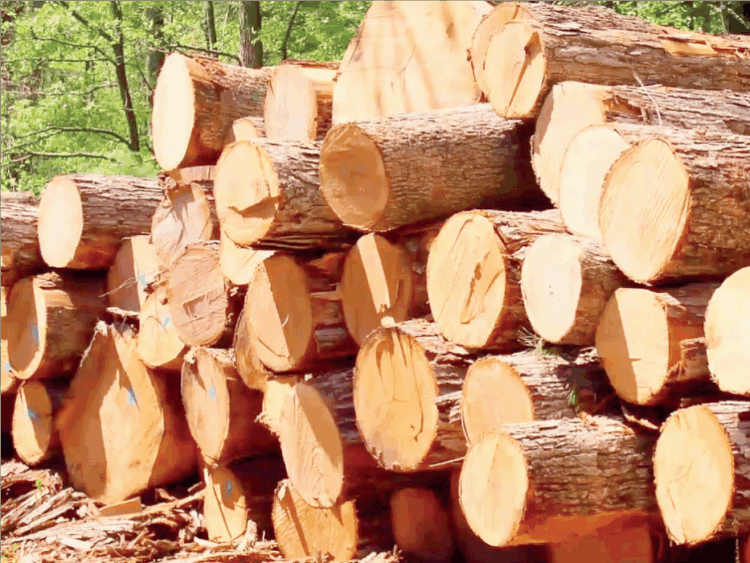Timber dealers in Bayelsa State have expressed anger and disappointment over what they described as deliberate exclusion from a recent public hearing by the state House of Assembly on tree falling and other forestry activities.
The group, operating under the Central Timber Dealers Association, said it was shocking to discover that a bill directly affecting their business and livelihood was debated without their input. According to them, the lawmakers’ decision to leave them out made them feel sidelined, undervalued, and treated with contempt.
Speaking to newsmen in Yenagoa, the association’s president, Amos Lucky Erepadei, said the timber business is one of the oldest trades in the state, dating back before Bayelsa was created. He explained that the industry has enjoyed a good relationship with past administrations and remains one of the state’s major sources of employment and revenue.
He said, “It is unfair that such a critical bill would be discussed without involving us, the very people directly concerned. We woke up to hear that a public hearing had taken place on forestry, and none of us was invited.
That is not how government should treat stakeholders.”
Erepadei stressed that the timber trade is not illegal, pointing out that dealers regularly pay taxes and levies to the state government. He argued that the industry provides a comparative advantage for Bayelsa indigenes and should not be frustrated by sudden policies or laws that fail to consult those involved.
The exclusion from the hearing follows the state government’s decision in January 2025 to shut down all forest reserves across Bayelsa’s eight local government areas. For over eight months, dealers have been barred from logging, leaving stranded thousands of families who depend on the trade.
Another leader of the group, Douglas Precious, who also serves as chairman of the All States Timber Dealers Association of Bayelsa, warned that the continued ban and neglect of their concerns could trigger serious social problems.
“There is no community without hoodlums but with the active and thriving timber and wood business in the state, it had gone a long way in reducing crime drastically among the youths in the state because the youths are not idle but are engaged in various aspects and value chain of the business.
“Timber business employs more than 3,000 Bayelsa youths across communities. When young people are engaged, crime reduces. But with this ban, frustration will rise, and many may be forced into illegal activities. That is why we say government must listen to us,” Precious said.
He accused the state government of insensitivity, alleging that all efforts to reach top officials, including the deputy governor, Lawrence Ewhrudjakpo, and the Commissioner for Environment, Ebi Ben Ololo, have been ignored. He warned that they might have no choice but to embark on a peaceful protest if their voices continue to be sidelined.
Precious further raised concerns over multiple taxation by different revenue agencies, which he claimed often collect levies without remitting the full amounts to the government.











